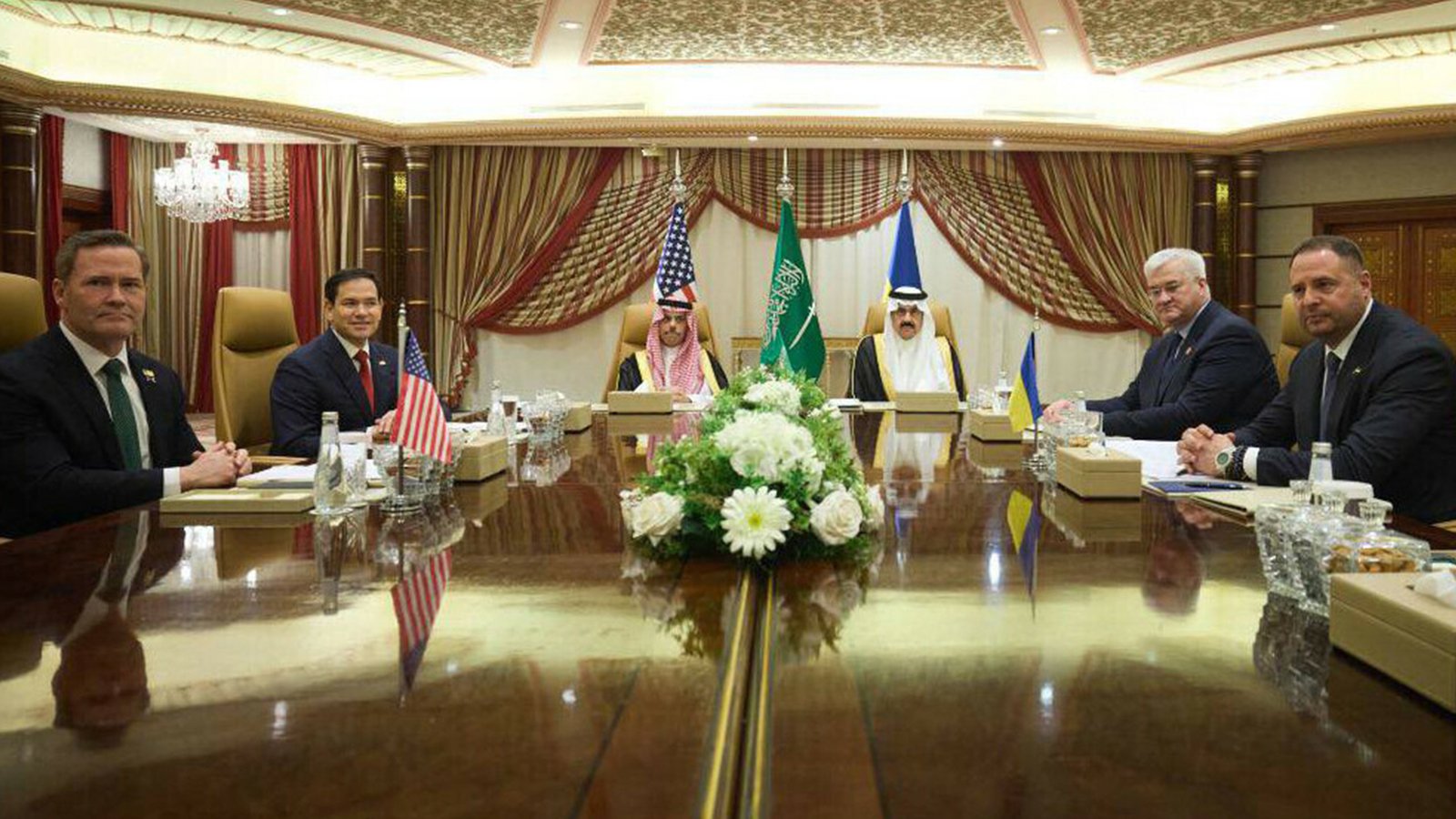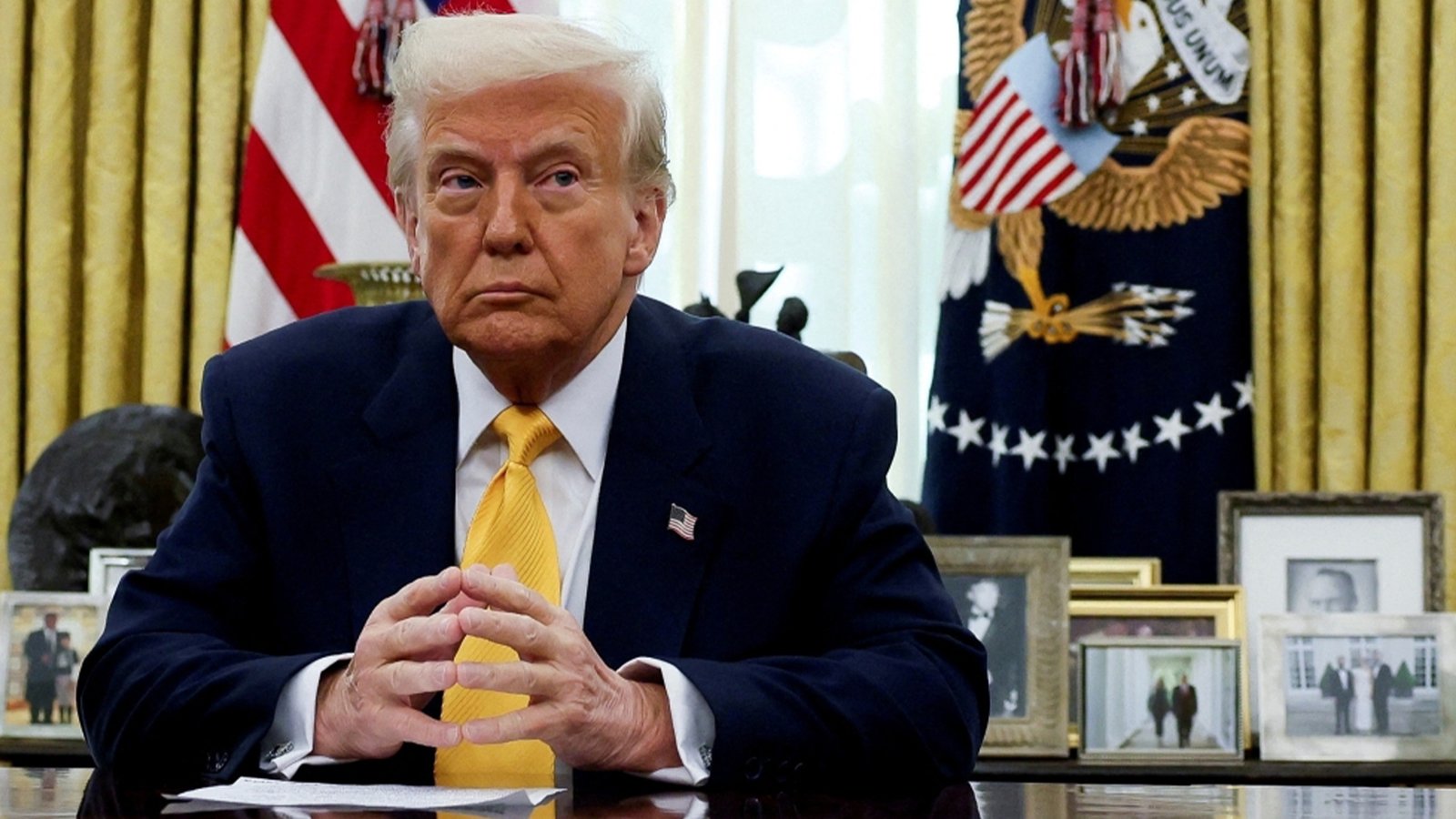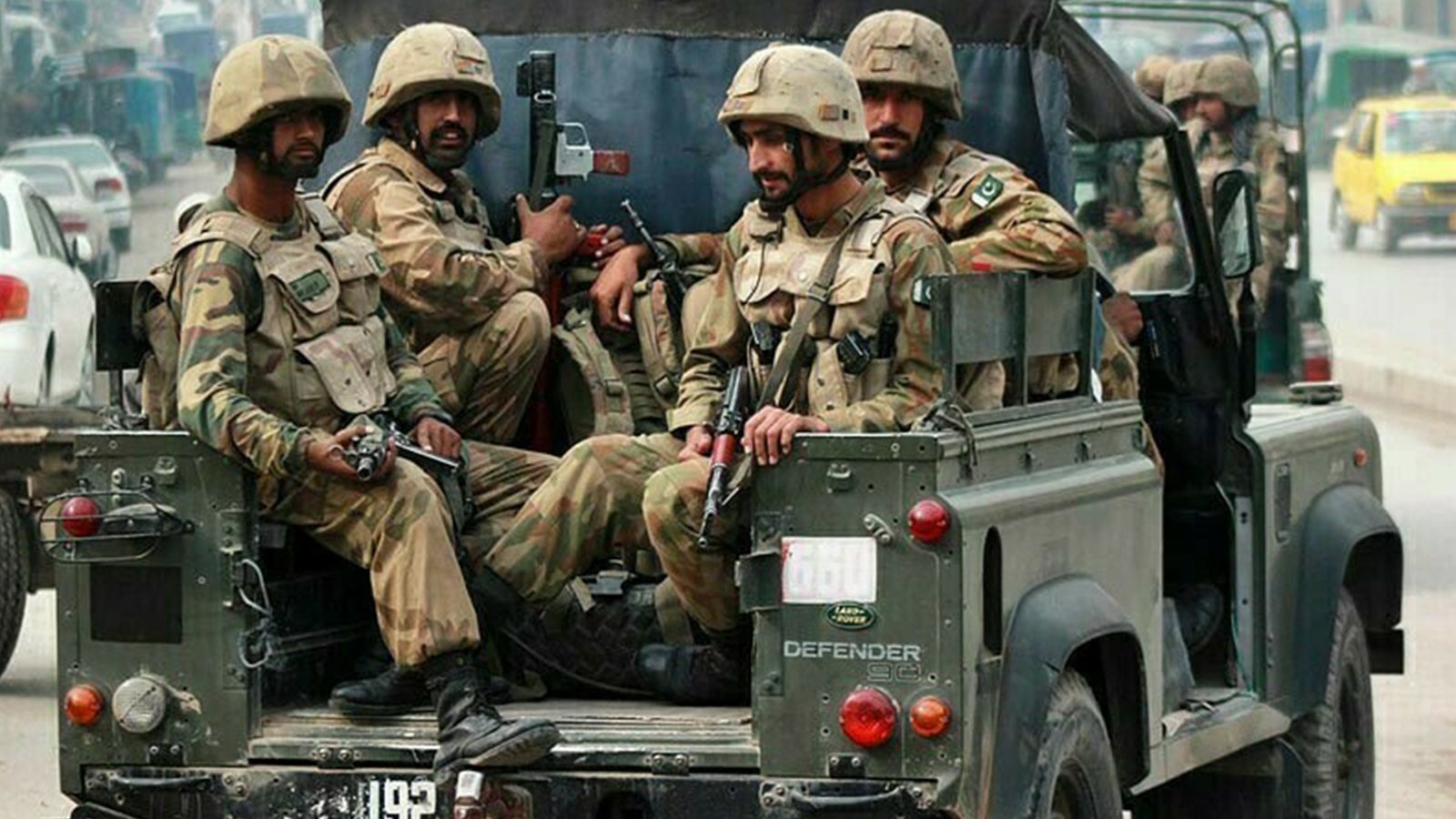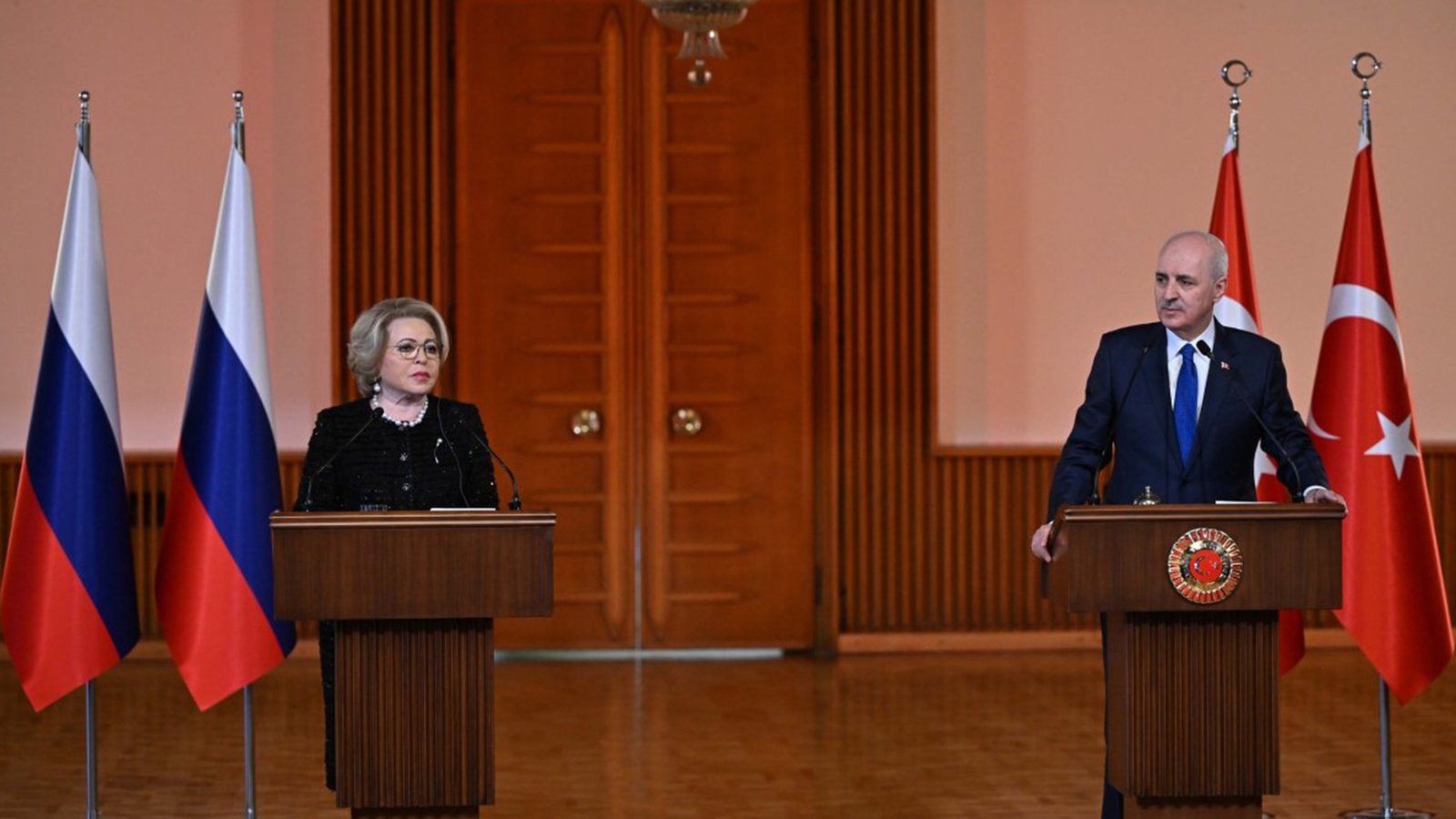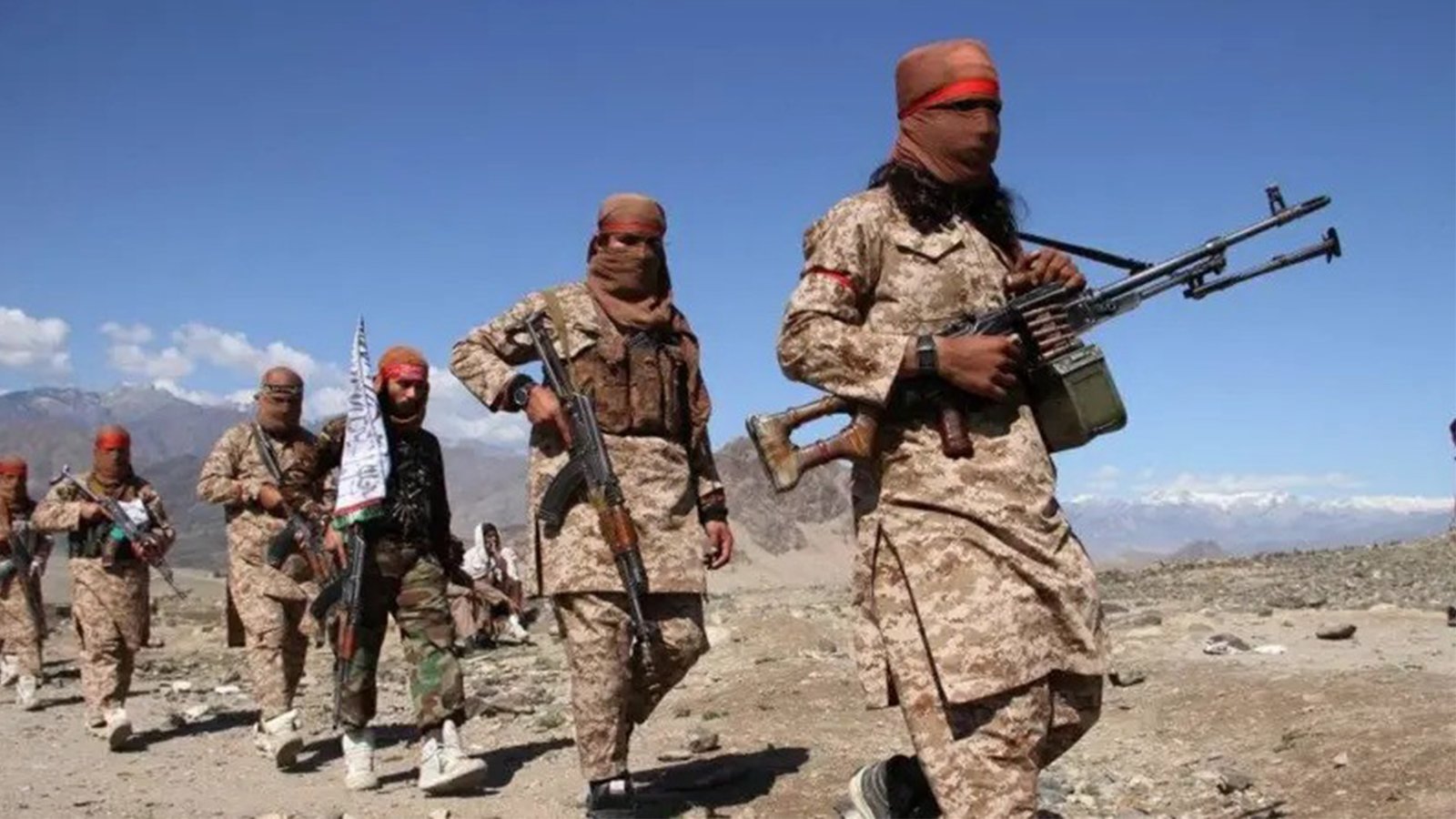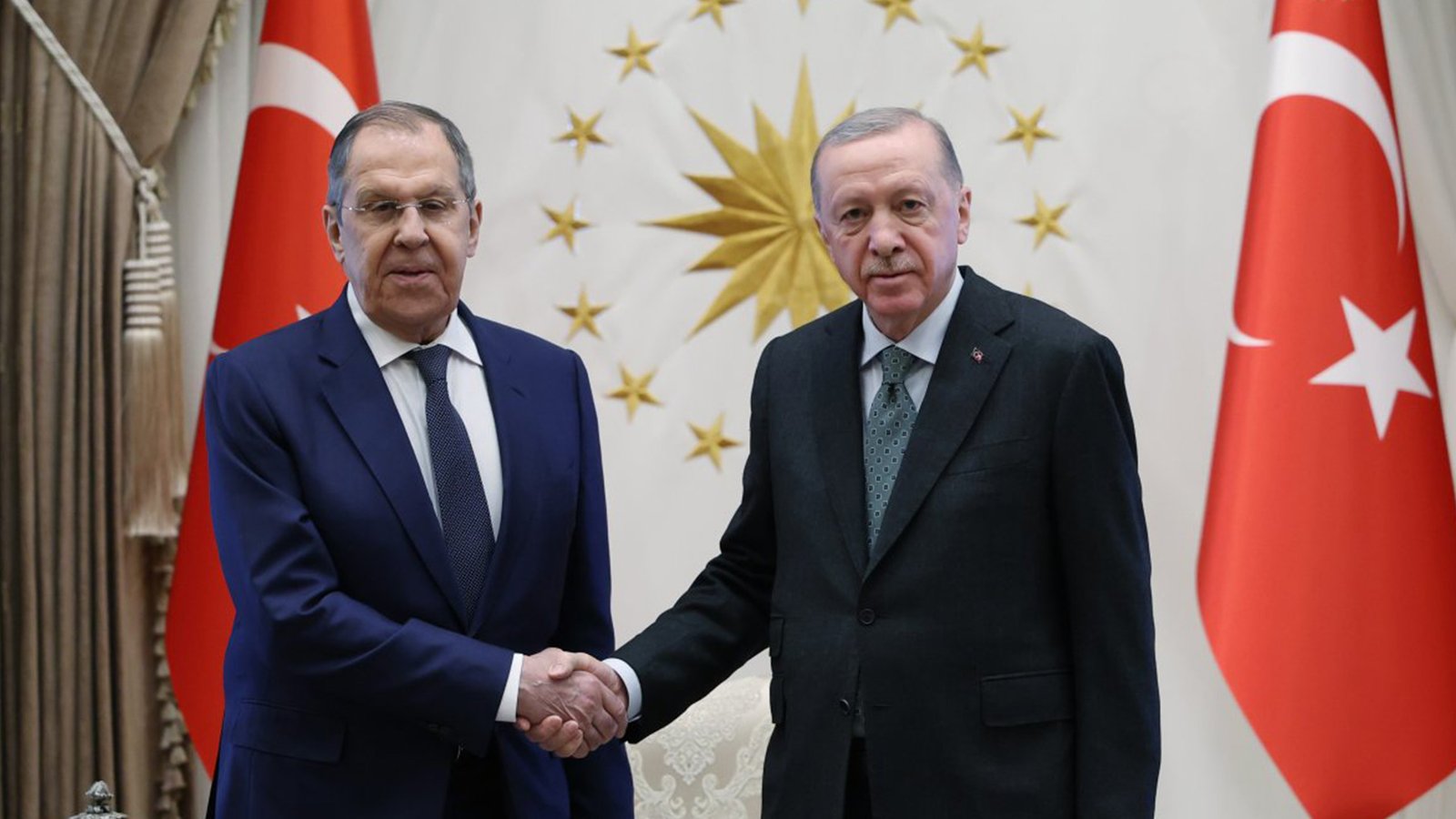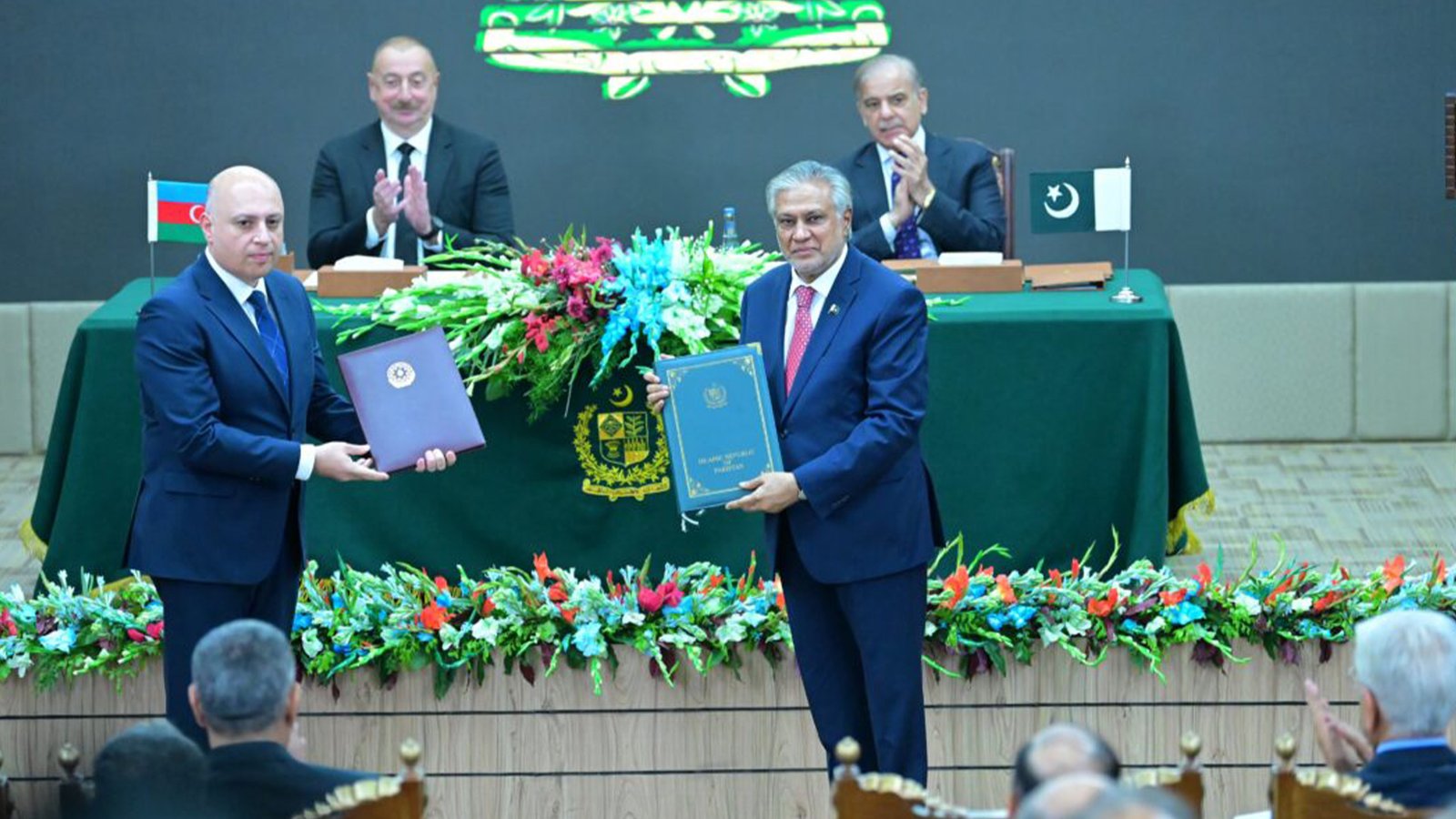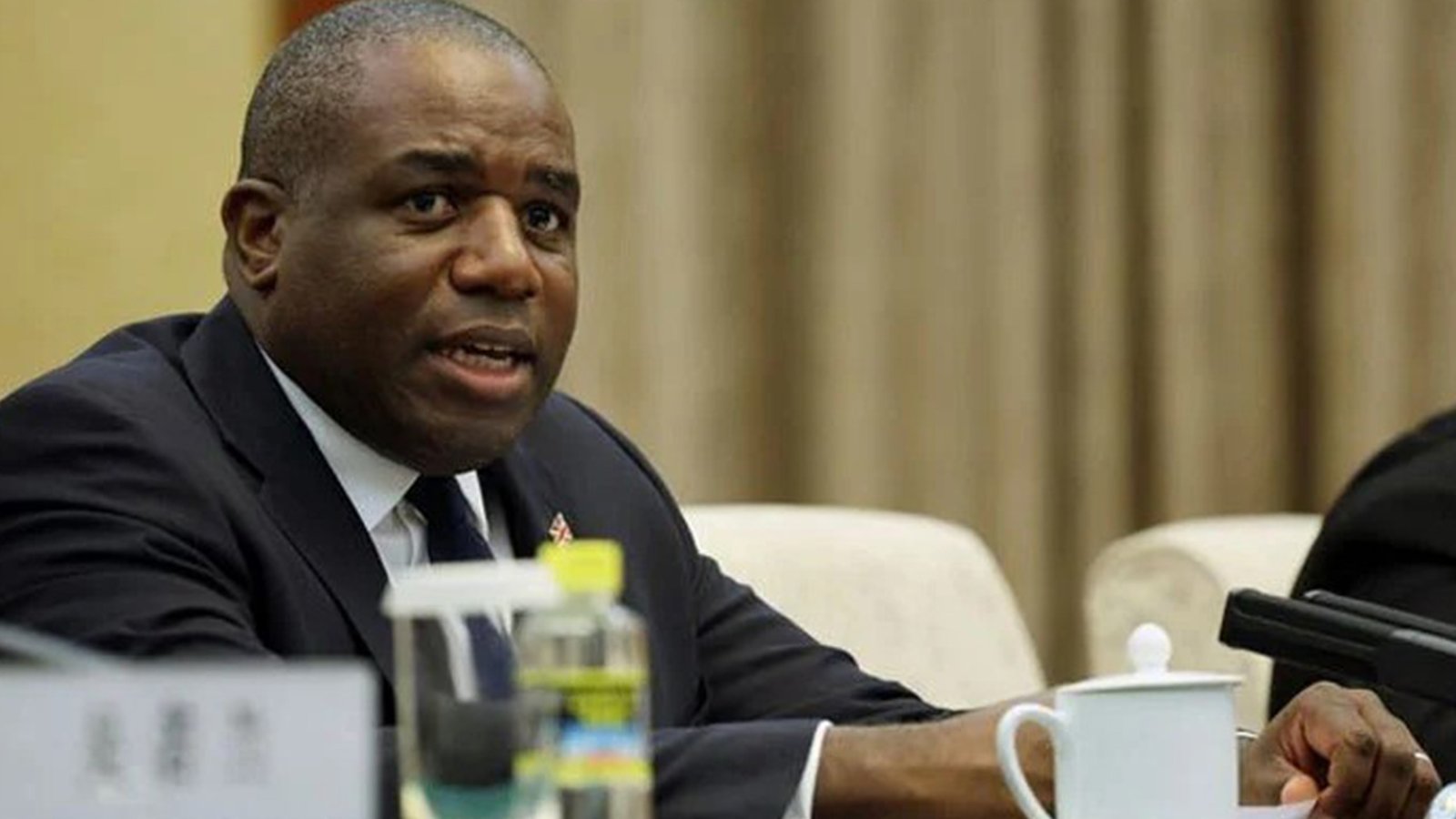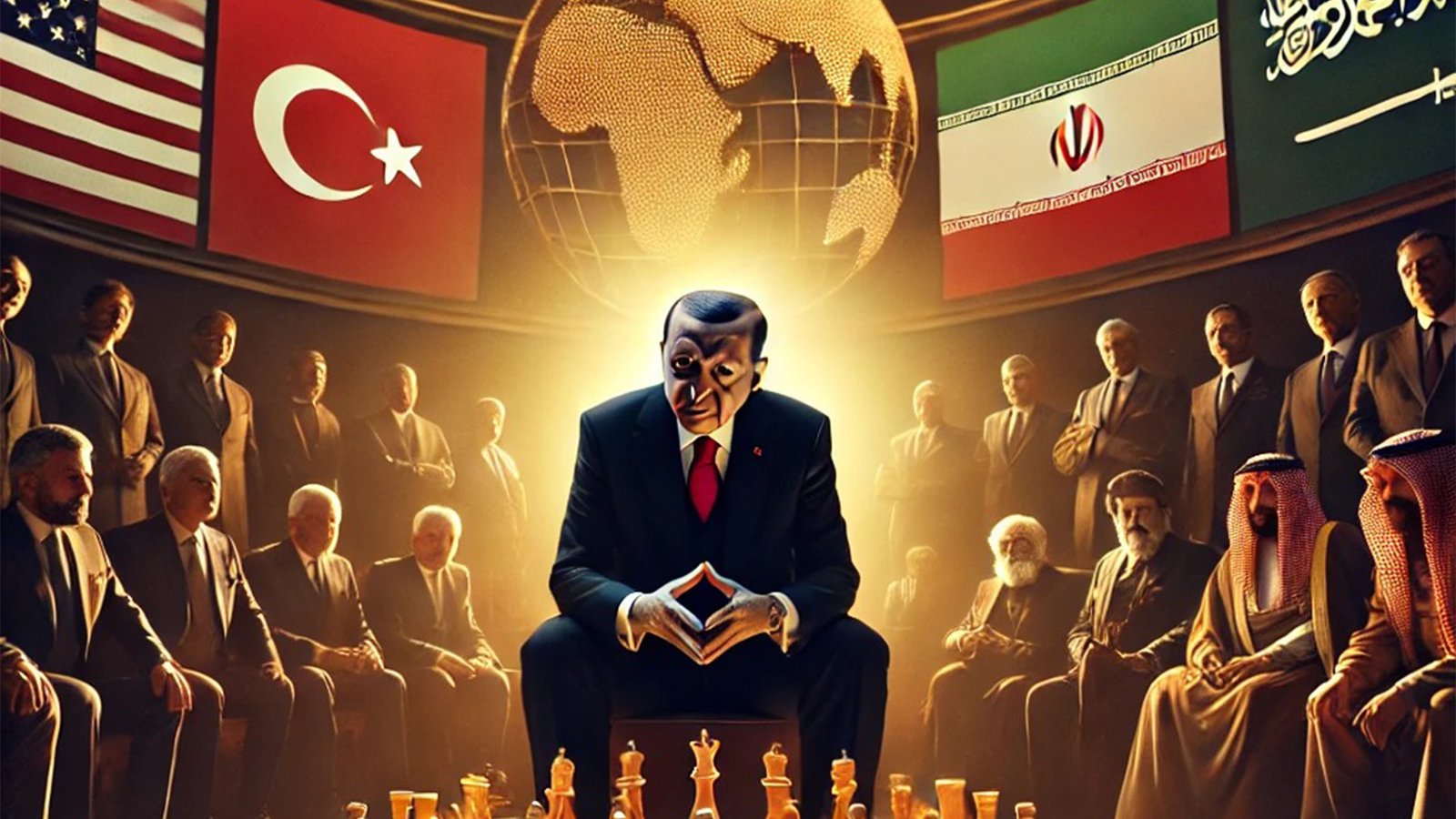Syria, Turkey, and the Global Chess Players
The Syrian civil war has entangled global powers in a complex game of chess, where each nation played its moves to secure its own interests. However, amidst this intricate play, Türkiye adopted a strategy that not only safeguarded its own interests but also aligned with the aspirations of the Syrian people.
Supporters and Opponents of Bashar al-Assad: A Game of Contradictions
The United States and Its Allies
The United States and Israel have consistently pursued policies aimed at keeping Syria divided and in perpetual chaos. A fragmented Syria poses no threat to the concept of Greater Israel. In 2014, under the pretense of combating ISIS, the U.S. established its presence in Syria. However, its ambitions were far broader than ISIS. The U.S. provided significant military and financial support to the Kurdish militia (YPG), creating a threat for Türkiye in northern Syria.
The YPG is linked to the PKK, a separatist movement against the Turkish government. Meanwhile, Israel launched multiple strikes in Syria to weaken Iranian influence, while Iran used its militias to secure its own foothold alongside Bashar al-Assad.
On the other hand, the Kurdish militia, also known as the Syrian Democratic Forces (SDF), reconciled with the Assad regime with the support of the U.S. and Israel to counter Türkiye’s influence. During Operation Peace Spring in 2019, Türkiye targeted Kurdish positions in northern Syria, prompting the SDF to seek assistance from the Assad government. This reconciliation marked a significant turning point.
Historically, relations between the Kurdish militia and Assad’s regime were strained. However, with U.S. and Israeli backing, this alliance aimed to curtail Türkiye’s regional aspirations. This temporary alliance between the Kurdish militia and Assad was a calculated move against Türkiye’s operations.
Iran’s Role
A truly independent Syrian government that reflects the aspirations of its people is unacceptable to both Israel and Iran. For this reason, Iran has consistently supported Syria’s Ba’ath Party to suppress local populations. In 1982, during Hafez al-Assad’s siege of Hama, where approximately 40,000 civilians were killed, Iran’s Khomeini regime extended its support to the Syrian oppression.
Over the years, Iran and Israel, as well as Iran and the U.S., have tactically allowed each other “space” in Syria despite their overt enmity. Their unspoken agreement revolves around maintaining Bashar’s weak regime as the status quo benefits both parties in continuing their respective agendas in Syria.
Saudi Arabia and Its Allies
Saudi Arabia and its allies, including the UAE, played a somewhat similar role. Initially, Saudi Arabia provided substantial support to Syrian rebels and actively sought to overthrow Bashar al-Assad. However, by 2017, Riyadh informed the Syrian opposition that it would no longer support them. This marked a pivotal shift in Saudi policy.
By 2023, Saudi Arabia played a key role in reintroducing Bashar al-Assad into the Arab League, signaling its acceptance of the Syrian regime for its regional interests. This decision disappointed the Syrian people, as it prioritized national interests over their struggle. Additionally, Saudi Arabia tacitly acknowledged the Assad-Kurdish alliance under Israeli and U.S. patronage.
This series of events revealed that the U.S., Israel, Iran, and Saudi Arabia, at various points, accepted Bashar’s oppressive regime for their own benefits. In stark contrast, Türkiye never compromised on its principled stance and consistently opposed Bashar al-Assad’s tyranny.
Türkiye’s Strategic Role
Türkiye has demonstrated unwavering commitment to its principled stance against the Assad regime since 2011. On multiple occasions, Turkish President Erdoğan criticized both Bashar al-Assad and Netanyahu for their atrocities. In his 2023 address to the United Nations General Assembly, Erdoğan called out the human rights violations of both regimes.
Türkiye’s policy reflects a delicate alignment of its regional strategy with the interests of the Syrian people. By hosting millions of Syrian refugees, Türkiye not only showcased its humanitarian stance but also reinforced its active role as an ally to the Syrian cause.
From 2016 to 2019, Türkiye conducted multiple military operations, including “Operation Euphrates Shield,” “Operation Olive Branch,” and “Operation Peace Spring.” These actions not only halted the advancement of the YPG but also established safe zones in northern Syria to facilitate the return of Syrian refugees.
The Sochi Agreement and Idlib’s Significance
In 2018, the Sochi Agreement between Türkiye and Russia designated Idlib as a demilitarized zone. This agreement provided a peaceful base for the Syrian opposition to sustain their resistance. While Iran and the U.S. opposed the agreement, both nations ultimately acknowledged it in practice. This agreement enabled the Syrian opposition to establish a functional government in Idlib, reigniting hope among the Syrian people through effective governance and inclusive policies.
The Opposition’s Victory: A Calculated Strategy
Leveraging favorable conditions and timing, the Syrian opposition decisively challenged Bashar’s regime. This left Assad, his allies Russia and Iran, and other forces like the U.S. and Israel, as mere spectators.
Also read this: The Impact Of Saudi Arabia Joining The US-Israel Alliance
Türkiye’s Triumph: Wisdom and Strategy
The current ground realities underscore that Türkiye has exhibited the greatest wisdom and prudence in the Syrian conflict. While other powers remained engrossed in their self-serving agendas, Türkiye emerged as a beacon of hope for the Syrian people. It is evident that Türkiye has not only protected its interests but also created a path for stability and reconstruction in Syria.
In this intricate chessboard of global politics, Türkiye’s every move was calculated and precise. While major powers remain entangled in their games, Türkiye has offered the Syrian people a new ray of hope—a victory that stands as the most significant success in this complex battle.
As this grand chessboard of time unfolds, the next moves will determine the fate of the region. The question remains: Who will play the winning move next?
Written By: Kamran Rafi


